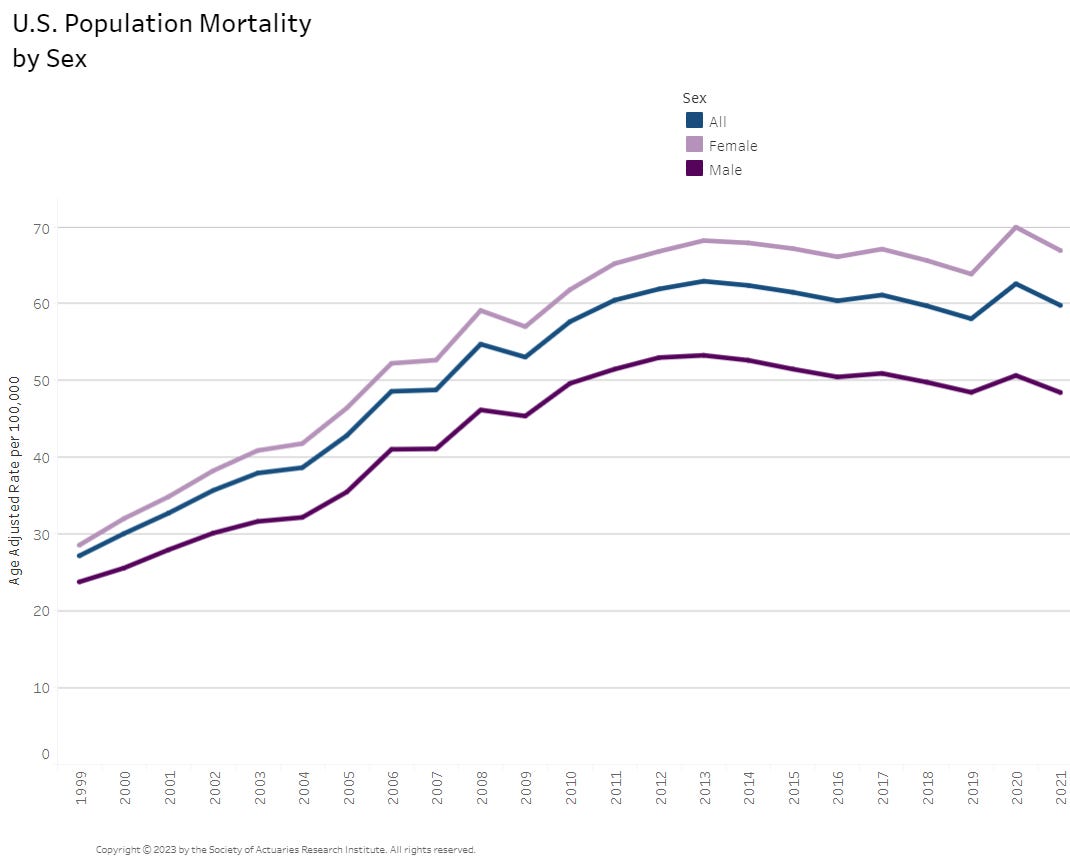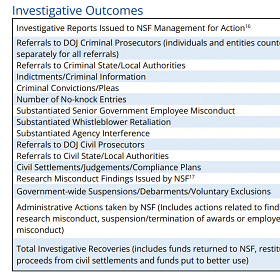Top 5 Podcast Episodes of 2024: Bobby Bonilla, Death Fraud, Walz, and More Scientific Fraud!
These weren't even all my fraud episodes -- just the most popular ones
For the next three days, I’ll be counting down the top hits!
To start off, I’m pulling out the top 5 episodes of STUMP — Death and Taxes from 2024:
I had fewer episodes this year compared to prior years due to Stu’s failing health and death, but I still had 28 episodes total. Here are the top 5 based on various metrics:
5. Happy Bobby Bonilla Day 2024!
Happy Bobby Bonilla Day 2024!
I love the classics. Bobby Bonilla Day has it all: deferred annuities, too-high discount rates for a present value, Bernie Madoff, trying to avoid a “tax”, credit risk… let’s look in on my favorite sports deal while it’s still paying out, this July 1.
The unofficial holiday of STUMP (until the annuity is completely paid off), I celebrate the value of deferred annuities, high discount rates, the Bernie Madoff Ponzi scheme, credit risk, and all sorts of finance concepts.
It’s got it all — even the Mets!
4. Ig Nobel 2024 Winner: The Secret to Long Life is Lying About Your Age...Or Not Reporting Your Death
Ig Nobel 2024 Winner: The Secret to Long Life is Lying About Your Age...Or Not Reporting Your Death
A jokey prize ceremony has some serious points — Saul Justin Newman’s research on places with supposedly large numbers of supercentenarians won a 2024 Ig Nobel Prize for demography. I’ve covered his work before, in 2019 and this very year.
Fraud figures highly in this year’s top episodes, and this it the first to make it to the top 5.
Another episode that did not make it to the top five also talked about the issue of unreported deaths: The Sentinel Effect, Centenarians, and Pension Fraud — it drew on Saul Justin Newman’s research.
I've been following Newman’s research for years, as I’m interested in longevity and mortality trends, but I’m also interested in fraud and fraud detection. The methods he used in “natural experiments” to find that people were simply hiding deaths of relatives (to keep collecting their benefits) or lying about their ages to collect pensions early is interesting, and will continue to be salient as lack of retirement funds bite many people.
3. Tim Walz and Public Pensions: What's the Risk?
Tim Walz and Public Pensions: What's the Risk?
With the Democratic Party VP nominee pick, some were trying to make hay over Tim Walz having no apparent stock ownership. However, between Walz and his wife, they have four traditional pensions, and these pensions do have stock (and other) financial markets exposure. In fact, I looked at one of these pensions earlier this year: the Minnesota Teachers Fu…
Tim Walz, I hope you “enjoyed” your short moment in the spotlight, because ask Tim Kaine (Tim who?) where he is today.
That said, the Minnesota Teachers Fund may have future relevance, along with other public pensions for teachers, but I will be addressing those in the new year.
In this popular episode, I looked at the strange case of VP candidate Walz having no stock ownership himself, but where his investment exposures are — in the public pension plan he is a participant in. Also, chairman of the board of the Minnesota TRA by virtue of his office: governor of Minnesota.
2. Research fraud, Alzheimer's, and Mortality trends
Research fraud, Alzheimer's, and Mortality trends
Prominent research in Alzheimer’s disease going back for decades has been found to be fraudulent, which has effects. Alzheimer’s disease has been a cause of death with an increasing age-adjusted death rate, and it’s one of the very few causes of death with a rate that’s higher for females than males (at all ages). How has this come about? And what shoul…
The last two are tied to each other — and they come in this order in popularity and in time. This one came first, jumping off from a post by Dan Elton:
Elton pointed out top researchers in Alzheimers, including one top person within the federal government agency that determines who would get research grants in the field, had long-running histories of fraud in their published research.
Some of this fraud is currently being uncovered due to AI-enabled software making it easier to search for such behavior. But some of this fraud was found much earlier through other means. It does not always require anything sophisticated — just people noticing discrepancies during peer review, or not being able to replicate results in a drug trial.
This definitely has led to wasted money, but I wonder if this has led to real mortality consequences.

1. Research Fraud Follow-Up: What Happened to Fraudsters and How to Make It Less Common
Research Fraud Follow-Up: What Happened to Fraudsters and How to Make It Less Common
Following up a prior episode on fraud in Alzheimer’s research, I look at what has happened to two of those researchers, talk about my own experience in preventing cheating in classes as well as what academic research was like as an RA (research assistant) in physics, and then look at what current research fraud prevention in the U.S. federal government …
This was the follow-up episode to #2 above. I looked at what has happened to two of the researchers caught out in fraud: one has been indicted for criminal federal fraud charges (don’t steal the federal government’s money!), another has been put “on leave” … not sure what’s up there.
I don’t know if any of this will be targeted by “DOGE” — we’ll see.
I did note there are already oversight functions, but what they’re focused on are not set up to catch scientific fraud, but is more for stuff like misappropriation of funds. That function is needed, but will not prevent the type of outright scientific abuse seen above.
As noted in the subtitle above, I had other fraud episodes during the year — I had a three-part series on plagiarism and academic fraud at the beginning of 2024. Part 1 is here: Plagiarism and Faked Data in Academia. This is a fruitful subject, and I will be very likely returning to it.
Thanks for reading and listening!










